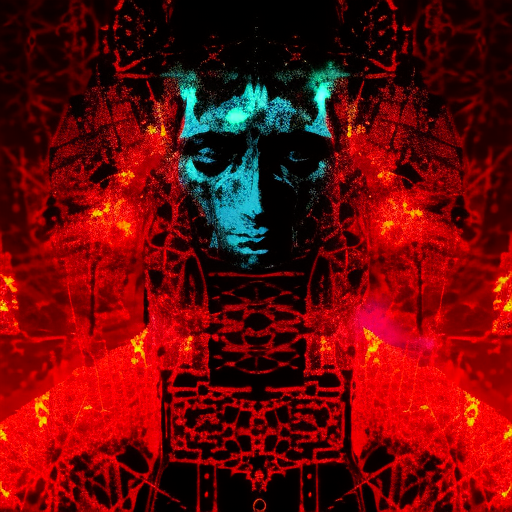One-line summary: “The Man in the Iron Mask” is a thrilling historical novel that explores the mystery surrounding the identity of a masked prisoner and delves into themes of power, loyalty, and the pursuit of justice in 17th-century France.
The Mysterious Prisoner
In “The Man in the Iron Mask,” author Alexandre Dumas takes readers back to the reign of King Louis XIV in 17th-century France. The story begins with Aramis, one of the former Musketeers, hatching a plan to replace the current king with his secret twin brother, who has been imprisoned for years. The identity of this masked prisoner has been shrouded in secrecy, and his existence is known only to a select few.
The Musketeers’ Plot
As Aramis enlists the help of his fellow Musketeers, Athos, Porthos, and D’Artagnan, they devise a plan to free the masked prisoner and place him on the throne. However, their plot is not without its challenges. They must navigate the treacherous political landscape of the French court, where alliances shift and loyalties are tested. Meanwhile, the current king, Louis XIV, becomes suspicious of the Musketeers’ activities and seeks to uncover their true intentions.
A Tale of Intrigue and Betrayal
“The Man in the Iron Mask” is a tale of intrigue, betrayal, and the lengths people will go to protect their secrets. As the Musketeers execute their plan, they face numerous obstacles and encounter unexpected allies and enemies along the way. The novel is filled with suspenseful moments, daring escapes, and thrilling sword fights, keeping readers on the edge of their seats.
Amidst the action, Dumas explores themes of power and its corrupting influence. The Musketeers’ plot to overthrow the king raises questions about the nature of authority and the responsibilities that come with it. The novel also delves into the complexities of loyalty, as the characters grapple with their allegiance to the crown versus their personal convictions.
Ultimately, “The Man in the Iron Mask” raises profound questions about justice and the pursuit of a fair society. The masked prisoner, whose true identity is revealed towards the end of the novel, becomes a symbol of the injustices perpetrated by those in power. The Musketeers’ mission to restore him to his rightful place becomes a quest for justice and equality.
Key Takeaways:
- The pursuit of power can corrupt individuals and institutions.
- Loyalty is a complex concept that can be tested in times of political turmoil.
- Justice and equality are fundamental to a fair society.
“All for one, and one for all!” – Alexandre Dumas
In conclusion, “The Man in the Iron Mask” is a captivating historical novel that combines thrilling adventure with thought-provoking themes. Dumas’ masterful storytelling and vivid characters bring 17th-century France to life, while exploring timeless ideas about power, loyalty, and the pursuit of justice.












